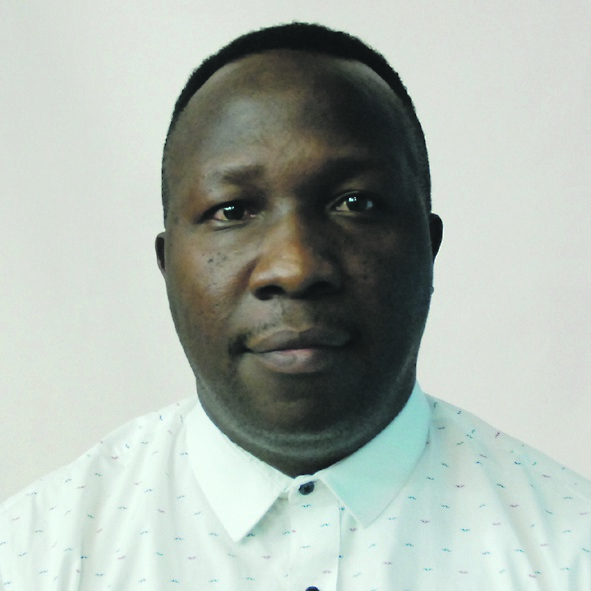The past 12 months have been a cause for anxiety in African countries.
We have seen economic turbulence, a rise in social injustices because of poor economic and political governance in most countries, as well as an increase in unemployment, especially among young people.
In many ways it was a year of economic unpredictability and political upheavals.
Notably, most of the elections conducted across the continent were held in unpromising contexts, characterised by flawed processes, resulting in controversial outcomes.
Arguably, many of the gains made in the early 1990s came under threat from governments with little commitment to democracy.
But, while last year presented evidence of the danger of democratic backsliding on the continent, it also resulted in a rise of citizen activism supported by civil society advocacy efforts.
One of the results from these sustained civic and citizen actions was the signing of the Political Party Funding Bill.
And, although its signing by President Cyril Ramaphosa is welcomed and historic, all eyes are on its implementation by Parliament.
By law, all political parties are now required to disclose their sources of private funding.
There is no doubt that the bill’s implementation will enhance accountability and transparency of the political and electoral system.
But the timing of its release might not have been ideal. Political parties do not have sufficient time to declare their sources of private funding or to give their spirited attention to campaigning for votes. And Parliament was still in recess.
Interestingly, the bill was signed at a time when the nation is grappling to understand the Bosasa scandal, state capture inquiry and the VBS Bank scandal.
All these events in the recent months have left the citizenry riling about the gross depths of corruption in the country, as well as the missing checks and balances to mitigate such a negative trend.
In fact, the recent release of the Corruption Perceptions Index by Transparency International confirmed that countries around the globe need to do more if they are to win the fight against corruption.
According to the report, most countries are failing to curb corruption. South Africa ranked number 54 in 2008, falling to number 71 in 2017.
However, corruption is not a phenomenon endemic to South Africa, it is a global concern and calls for collective citizenry-centred action to hold those in leadership accountable for their actions.
That said, the assenting to the bill by Ramaphosa is a step in the right direction, signalling the change that the citizenry is longing to see.
The onus is now on Parliament to speed up processes leading to its successful implementation.
While the law is not effected yet, political parties are not prohibited from disclosing the sources of their private funding.
In fact, doing so before the general elections would most likely secure votes from the electorate as it spells a sign of good faith.
It is a welcome progression towards stemming corruption in the country.
Moreover, the bill stills needs further scrutiny to address any potential loopholes that hamper its original intent – to foster transparency and accountability.
Civil society will continue with its advocacy mission to ensure loopholes are attended to and closed, and that the legislation process is sped up without any further delay.
At the same time, the sector urges the citizenry to exact pressure on its political parties to declare their sources of funding as part of their manifesto conversations.
Overall, our young democracy is maturing fast despite the challenges it faces.
With concerted efforts as a society, there is a greater chance of ensuring that the ideals of an inclusive country envisioned in our world-acclaimed Constitution are realised.
Our hard-won democracy, which our founding fathers and mothers fought hard to secure and liberate from every form of indignity, demands decisive action against all forms of governance malfeasance.
Corruption cannot continue unabated, neither can youth unemployment be ignored, among other pressing challenges.
Simply stated, the nation needs an inspiring economic vision, one that is inclusive and promises to lead towards sustainable growth.
There is a lot to be done and the time for collective action is now. It is in our hands!
Kariuki is the executive director of the Democracy Development Programme, an NGO based in Durban




 Publications
Publications
 Partners
Partners









